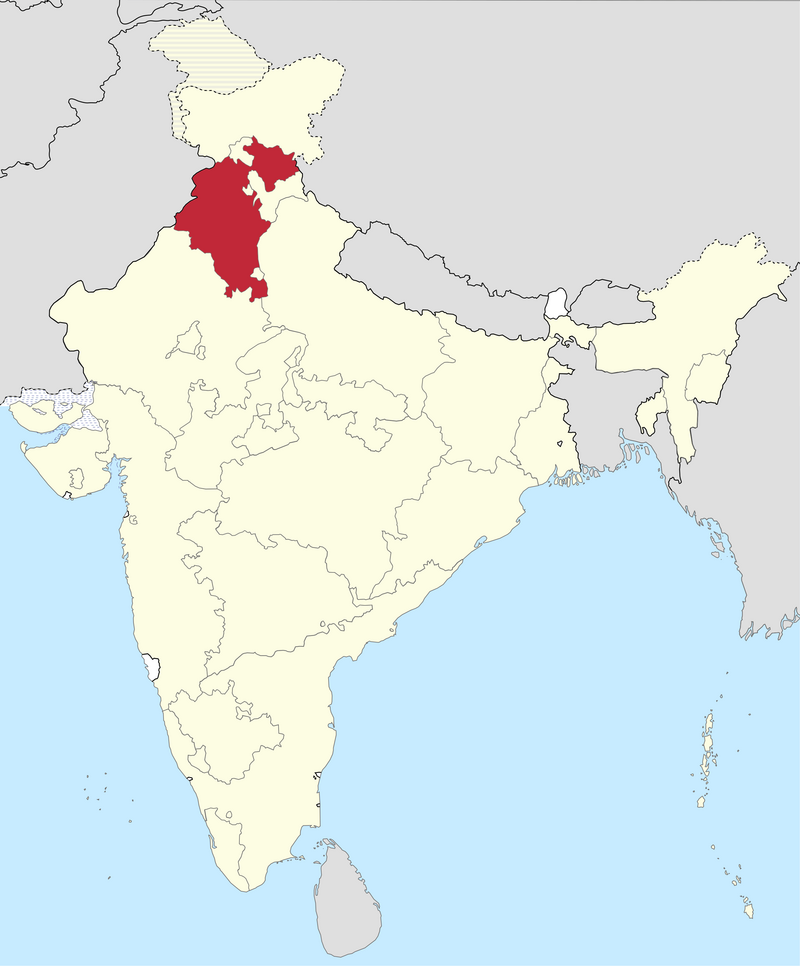Discover the legacy of Bawa Harkishan Singh, a key figure in Sikh Gurdwara reforms and education. Explore his life's work and impact on Sikh history.
Discover the legacy of Lachhman Singh Granthi, a revered martyr of Nankana Sahib, and his role in the Gurdwara reform movement. Learn more today.
Explore the Punjabi Suba Movement, a Sikh-led agitation for a Punjabi-speaking state, highlighting its origins, challenges, and political negotiations.
Explore the history of Shiromani Khalsa Diwan, a pivotal Sikh sociopolitical organization known for safeguarding Sikh interests in the Northwest Frontier Province.
Explore the historic role of Akali Dal Khara Sauda Bar in Sikh shrine liberation & reform. Learn about its origins & evolution in the 20th century.
Discover the story of Hira Singh, an Akali hero and Nankana Sahib martyr, who fought for Gurdwara reform and sacrificed his life in 1921.
Explore the heroic story of Bhai Magh Singh, a martyr in the Jaito Morcha, who fought for justice and Sikh rights against British rule in 1924.
Explore the legacy of Dr. Rajinder Kaur, a trailblazing journalist and politician, who championed social welfare and women's rights in India.
Learn about the Sikandar-Baldev Singh Pact of 1942, a key agreement in Punjab politics uniting Akalis and Unionists to shape the region’s future.




